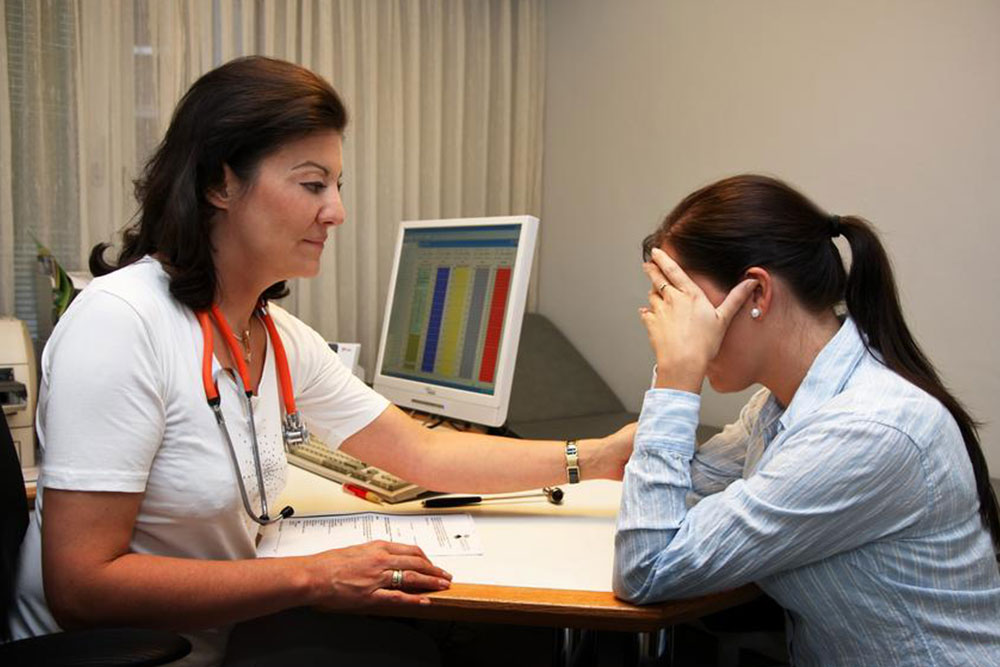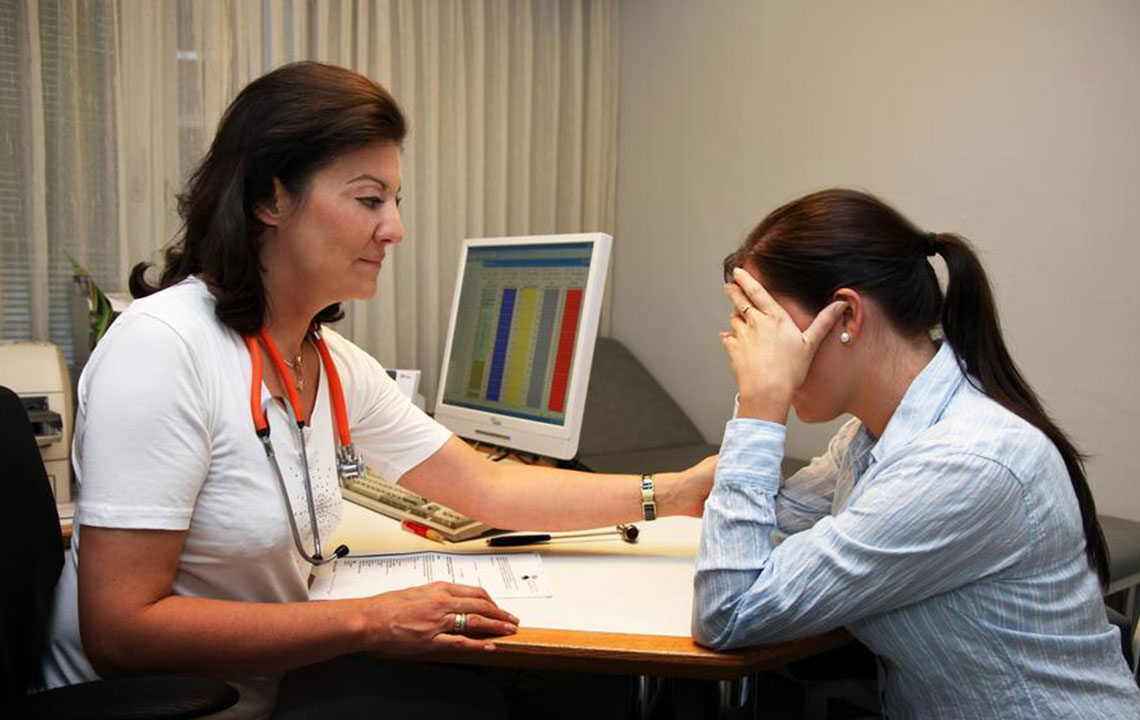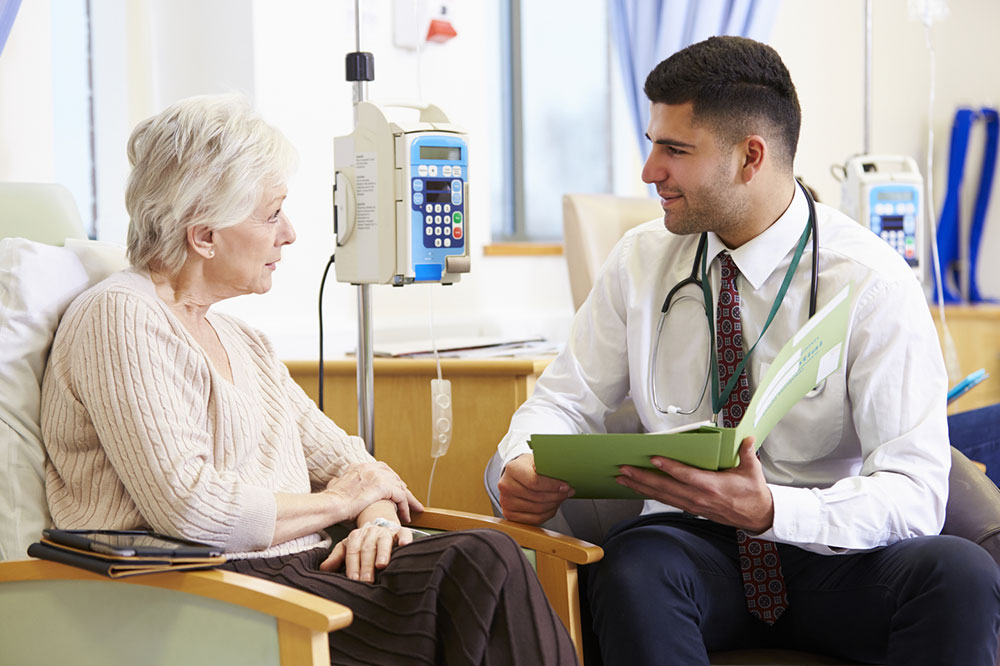Recognizing the Early Signs of Cancer: Essential Symptoms You Should Know
This comprehensive guide explores the early warning signs of cancer, emphasizing the importance of recognizing symptoms such as unexplained weight changes, persistent pain, skin abnormalities, and bodily function changes. Early detection is vital for effective treatment and improved survival chances. The article provides detailed information about symptoms in both men and women, highlighting when to seek medical advice. Staying vigilant about these signs can lead to timely diagnosis and better health outcomes. Knowledge of these symptoms empowers individuals to take proactive steps in cancer prevention and management.

Recognizing the Early Signs of Cancer: Essential Symptoms You Should Know
Cancer remains one of the most formidable health challenges worldwide, characterized by uncontrolled cell growth that can occur in virtually any part of the body. With increasing incidence rates globally and rising awareness about early detection, understanding the subtle signs and symptoms associated with various cancers becomes critical. Early detection significantly improves the chances of successful treatment and survival. Therefore, being vigilant about bodily changes and recognizing an array of symptoms can make a profound difference in health outcomes.
Recent advances in cancer research and medical technology, including targeted therapies, immunotherapy, and early screening programs, underscore the importance of timely diagnosis. Many types of cancer initially present with vague or mild symptoms, which often go unnoticed or are attributed to other less severe conditions. However, persistent, unusual symptoms should never be ignored. Early recognition can lead to prompt medical intervention, better prognosis, and increased chances of recovery.
Among the most common early indicators are unexplained fatigue, sudden weight fluctuations, persistent pains, skin abnormalities, and changes in bowel or urinary habits. It is essential to stay alert and consult a health professional if these symptoms persist or worsen over time. The following outlines the key symptoms that may suggest the presence of cancer, emphasizing the importance of proactive health monitoring.
Common Early Symptoms That May Indicate Cancer:
Persistent fatigue and unexplained weakness that does not improve with rest
Frequent or recurrent fevers, which may indicate blood-related cancers like leukemia or lymphoma
Sudden, unexplained weight loss or gain, especially when unrelated to diet or activity changes
Ongoing pain without clear cause, including headaches, joint, or back pain
Unusual skin changes such as new rashes, jaundice, or darkening of skin patches
Alterations in normal bowel movements or urination patterns lasting several weeks
The sensation of a lump, thickening, or swelling under the skin, often painless
Digestive discomfort after eating, persistent nausea, or irritable bowel symptoms
Presence of blood in bowel movements or urine
Difficulty swallowing, persistent cough, or coughing up blood
Non-healing wounds, sores, or ulcers that do not seem to recover
White patches or patches of abnormal coloration in the mouth or on the tongue
Key Symptoms Specific to Women:
Unusual nipple discharge or changes in breast appearance, including shape or size
Breast redness, swelling, or soreness, which could indicate inflammatory processes or infection
Unexplained bleeding between menstrual periods or after menopause
Heavy, painful periods that are irregular or different from usual
Persistent abdominal bloating, discomfort, or pain
Swollen lymph nodes in the neck, armpits, or groin, along with chest discomfort
Gastrointestinal symptoms such as bloating, persistent indigestion, or discomfort
Blood in urine or stool that appears abnormal
Understanding these symptoms and their potential connection to cancer can encourage earlier consultations with healthcare providers. While experiencing some of these signs does not necessarily mean one has cancer, they warrant prompt medical evaluation for accurate diagnosis and timely intervention. Awareness and early action are powerful tools in the fight against cancer, potentially saving lives through early detection and treatment.





